Case Studies
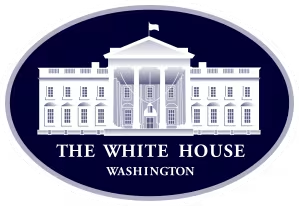
Real-time Analytics for Dengue Fever Prevention
Award for Exceptional Performance
In 2015 the predictive models VectorAnalytica submitted to the Dengue Prediction Competition (sponsored by the White House Office of Science and Technology Policy) were recognized at an Awards Ceremony held at the Old Executive Office Building in Washington, D.C. for their accuracy and practical implementation. Unlike other models also showcased that required substantial computing power, Vector Analytica's solution was ran efficiently on a standard laptop, a capability that allowed it to generate results within minutes. This marked a significant advancement in the field and demonstrated the potential of accessible, real-time health analytics in combating dengue fever outbreaks in near real time. This recognition highlighted the importance of innovative, scalable solutions in public health crises.
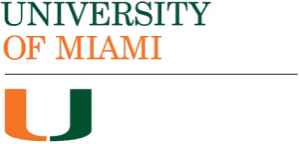
Mosquito-borne Zika Threat Prevention
NIH-funded University of Miami
In 2016, the University of Miami took on a critical NIH-funded project aimed at improving the monitoring and tracking of Zika virus throughout the 2431 square miles area of Miami-Dade County. The project faced significant challenges as the existing system consisted of a mere 29 mosquito traps managed by Miami-Dade Vector Control Unit. To overcome this hurdle, the University was tasked with developing sophisticated Spatial Data Network (SDN) models that utilized the limited data from these traps to predict potential Zika cases throughout the county. VectorAnalytica's proposal included an innovative approach integrating reports from Miami-Dade County's 311 “mosquito nuisance” service. This integration aimed to generate detailed baseline risk map indicators at the block level, focusing particularly on the Wynwood area of Miami, Florida, and its surroundings. This initiative represented a proactive step towards using combined data sources to improve public health responses to Zika virus threats in the region.
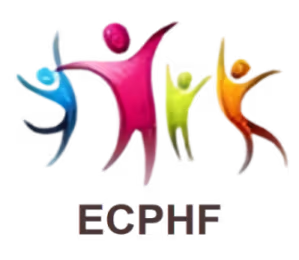
Rat Surveillance
Eastern Caribbean Public Health Foundation
In 2018, the Eastern Caribbean Public Health Foundation (ECPHF) in Sint Eustatius, one of the Leeward Islands in the Dutch Caribbean embarked on an ambitious project to better understand and manage the rat population on the island, known locally as STATIA. ECPHF contracted VectorAnalytica to develop a sophisticated mobile query form specifically designed to track, map, and provide a detailed statistical analysis of rat sightings and incidents. The central challenge was to explore potential correlations between the prevalence of rats and various weather conditions. To address this, VectorAnalytica created the CaribbeanEcoHub Platform. This innovative platform developed amobile app, MyQueryForm, that integrated with advanced mapping capabilities and built-in statistical tools, enhancing the island's ability to manage its rodent population effectively and efficiently based on data-driven insights.
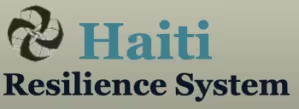
Agricultural Recovery - Seed packet distribution
Haiti Resilience System
In 2018, following a devastating earthquake in Haiti, the Haiti Resilience System, a nonprofit organization, identified a critical need to monitor agricultural recovery efforts, specifically the distribution of seed packets essential for restoring local farming. They commissioned VectorAnalytica to develop a mobile application to address this need. The resulting mobile app, "Resource Tracker," was designed to efficiently track and monitor the delivery and distribution of seed packets across the affected regions. This tool helped ensure that the aid reached its intended recipients and provided vital data to assess the effectiveness of the distribution efforts and plan future aid activities. This initiative was crucial for supporting Haiti’s agricultural sector and aiding the broader recovery process.

Mosquito and Rat Surveillance
Islands in the Dutch Caribbean
In 2019, the National Institute for Public Health and the Environment (RIVM) of the Netherlands needed a sophisticated platform capable of conducting independent analytics and data collection for each island in the Dutch Caribbean, with specific requirements for different query forms, in different languages, and with customized cartography for each island. RIVM also required a global analysis that could compare and evaluate results on different islands. RIVM contracted to expand the CaribbeanEcoHub platform, originally used for rat surveillance on Statia, to include mosquito surveillance and to extend these capabilities to the nearby island of Saba.
The initiative encountered a unique obstacle: neither Saba nor Statia had formal residence addresses, complicating the process of accurately mapping and tracking health data. VectorAnalytica resolved this problem by creating a map layer with GPS coordinates to pinpoint each residence. VA also assigned a unique identifier to every residence, enabling precise location tracking and data collection. This solution not only facilitated effective mosquito and rat surveillance on the islands but also enhanced the overall utility and impact of the CaribbeanEcoHub platform in managing public health issues.
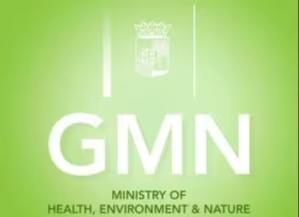
Food Safety
Curacao Ministry of Public Health
In 2022, the Curacao Ministry of Public Health enhanced its public health surveillance systems. To create a new vector-borne disease surveillance unit, the Ministry first absorbed inspectors who had been collected data using Caribbean EcoHub. These inspectors later transitioned into full-time government employees, indicating a strategic move to bolster public health infrastructure. Facing new challenges, the Curacao Public Health Authority aimed to expand its surveillance scope to include food safety. They sought to incorporate food safety inspections from restaurants, markets, warehouses, and food processing and distribution centers into MyQueryForm, visualized through a dedicated Curacao platform.
Moreover, recognizing the need for timely interventions, there was a demand to integrate an SMS early warning alert system to promptly address food and health concerns, enhancing the responsiveness of health services to potential threats. Vector Analytica was tasked to extend its technological expertise to achieve these ambitious goals. We successfully migrated existing Curacao data and statistics to a new, more capable platform that included advanced analytics functionalities not previously available in CaribbeanEcoHub. This development not only streamlined the data management process but also significantly improved the capability of the public health system in Curacao to manage and respond to health risks efficiently.
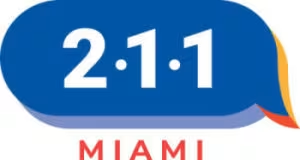
Domestic Violence Response Data
Switchboard of Miami 211 Call Center
A significant technological development was undertaken in response to the pressing needs addressed by the Switchboard of Miami 211 Call Center, which provides critical hotlines for suicide prevention, domestic abuse, and other urgent services. The center recognized the necessity of enhancing its service delivery by developing a web-based dashboard specifically designed for support call operators. This dashboard, aptly named the "RESOURCE LOCATOR," was engineered to enable operators to quickly identify and connect callers with the nearest service providers, optimizing response times and resource allocation.
Additionally, the task involved integrating detailed geographical information of each call into the dashboard. This integration allowed operators to locate and visualize the proximity and availability of relevant services in real time. By combining caller data with precise location mapping, the RESOURCE LOCATOR effectively streamlined the process of directing aid to those in urgent need, thereby enhancing the efficiency and impact of the services provided by the Switchboard of Miami 211 Call Center. This solution marked a substantial improvement in the ability of hotline operators to manage emergencies and provide critical support in the community.
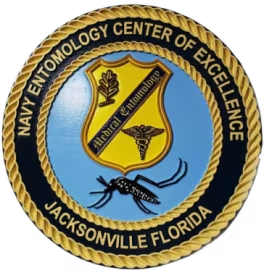
Navy Entomology Center of Excellence (NECE)
United States Navy and Marine Corps center of expertise for operational entomology
NECE is the Navy and Marine Corps center of expertise for operational entomology. NECE develops and evaluates novel products and application technologies to better protect deployed forces from blood-feeding insects and other arthropods that transmit human diseases. NECE provides force health protection through operational disease vector surveillance, control and training to enhance Navy and Marine Corps mission readiness.
For improved real-time insight, analysis, and visualization of disease-transmitting vectors, NECE selected VectorAnalytica’s IT platform to integrate and manage its mobile and online data entry, analytic processing, and modeling functions.
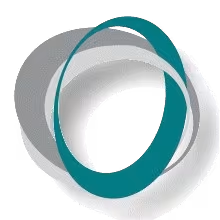
Focus Colombia
Platform for Institute of Tropical Medicine of Colombia (ICMT)
In 2016 VectorAnalytica published the first version of its FOCUS COLOMBIA platform for the ICMT. It was initially dedicated to the development of community surveys of vector-transmitted diseases, primarily dengue and Zika. The platform's reach was then extended to other health issues, including the registry of gender violence in the Municipality of Apartado. This latter was at first financed by the TecMedic; local funds from the municipality's mayor's office were used subsequently.
For the second stage, the platform’s analytical capacities were expanded and an upgrade was made available to the Institute that included various improvements for following-up on pregnant women who had previously contracted Zika. This upgrade incorporated social determinant data (environmental, socioeconomic, and health conditions) of each registered patient, including in the neighboring municipality of Turbo. The second stage was completed with the financial support of USAID. In 2020 ICMT began the process of contact follow up: 1) monitoring and inspecting the municipality’s centers of food product processing and sale; 2) transportation units; and 3) other work centers in rural areas and small villages; 4) recording compliance with prevention measures and regulations. The platform uploaded official bulletins for in each period, and published systematic reports using the platform’s data and its analytics.